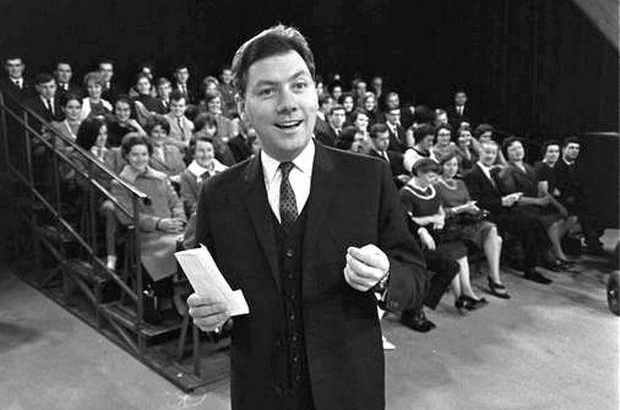Some years ago, when I was due to appear on a BBC television panel at this time of the year, the make-up girl, after powdering my face, went to pin a poppy on my lapel.
The November poppy is, as most people know, a symbol of remembrance for the wartime dead of two world wars. In Britain, money collected by the poppy-sellers goes to the British Legion.
I respect remembrance, but I asked the lass not to pin a poppy on my jacket.
“But everyone wears one,” she said.
“Fair enough – it just shouldn’t be compulsory.” She thought this odd.
So I have a certain amount of sympathy for the Stoke City and Republic of Ireland footballer, James McClean, who has been widely criticised for not wearing a poppy, while the rest of the squad will do so over this remembrance period.
McClean, aged 29, is from Derry, and within the context of his background culture, the poppy became something of a tribal symbol. Some strong nationalists vehemently object to it: “Contributing to the poppy appeal is supporting British imperialist forces and the killer SAS”, as one Tweeter put it to me.
But that’s not the way most people in Britain (whatever about Northern Ireland) see it. It’s simply about respecting the dead.
When the German ambassador to the Court of St James, Peter Wittig, appeared on the Andrew Marr Show last week, I noticed he was wearing his own poppy – an unusual little enamel poppy badge which hadn’t simply been pinned on routinely by the gals or guys in make-up. For him, clearly, it symbolised the shared experience of the terrible 1914-1918 war,
So it is a personal decision, which people are entitled to make according to their own values, ethics and cultural background.
I am not opposed to wearing the poppy with an appropriate context, and where I have chosen to do so. In local British communities, it is all about supporting local endeavours, and very far indeed from any aspiring “imperialism”.
Pacifists
I would not be averse, either, to wearing a white poppy, which was launched in the 1930s by Christian pacifists, who sought to oppose war, while showing respect for the dead. For some, that is the right path of conscience.
Yet, when I visited the Somme area of France in 2016, the proliferation of these bright-red coquelicots everywhere was so striking. Small wonder it has come to emblemise the conflict whose armistice is marked on November 11 – and vividly transmitted into poetry by John McCrea’s famous verse: “In Flanders field the poppies blow/Between the crosses, row on row.”
If the poppy causes us to reflect on life and death, it has served its purpose.
*****
Consummate professional is sadly missed
I don’t tend to watch The Late Late Show these days – it brings back too many memories of what a mortifying arena it can be. You think you’ve been invited on to put your point of view and make a contribution: but you may just have been asked along to provide fodder for a gladiatorial form of entertainment, and generally to make a perfect fool of yourself.
However, Gay Byrne was a consummate professional broadcaster who brought weight and intelligence to the production. His current successor Ryan Tubridy – who I do hear on radio – rather reminds me of what Winston Churchill once unkindly said about the Germans: “They are either at your feet or at your throat.”
He smarms fawningly over those he approves of, while clucking like an old martinet at those who incur his disfavour.
*****
It seems humanity is divided into ‘larks’ (those who rise early in the morning) and ‘owls’ (those who are at their best at night), according to a health report. The ‘larks’ tend to be healthier.
Perhaps the old proverb had something going for it: “Early to bed and early to rise/Makes a man healthy, wealthy and wise.”


 Mary Kenny
Mary Kenny Gay Byrne hosting the Late Late Show
Gay Byrne hosting the Late Late Show 